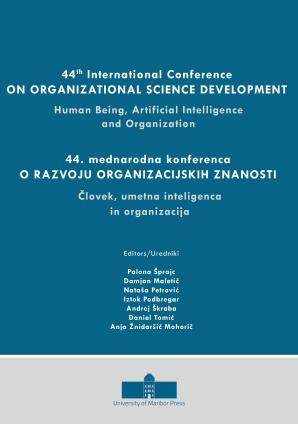Artificial Intelligence and Ethical Issues in Management: Seeking Balance
Synopsis
The evolution brought on by artificial intelligence (AI) along with its applications generates increased opportunities to increase efficiency and also promote innovation in management alongside creating a plethora of ethical challenges to deal with. This paper examines how AI can present ethical issues for businesses and, at the same time, sheds light on how technology could be employed more ethically. From the literature and examples of best practices, we highlight issues regarding algorithmic injustice, the use of AI in decision-making without discrimination, and the influence of AI usage on the employees and the organization itself. According to the study results, even though artificial intelligence tools may be beneficial to an organization, managers, on the other hand, are faced with the dilemma of making sure that these tools are applied ethically. Understanding these important workers' rights issues and discrimination problems that may occur from overdependence on technology is essential. In this paper, we recommend setting proper ethical principles and policies regarding AI use in management and also recommend training management on such issues and the need to make ethical decisions.







